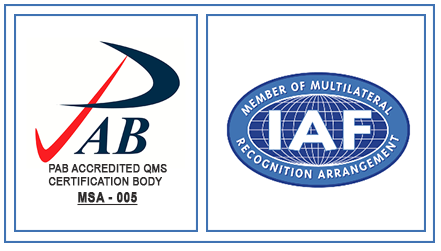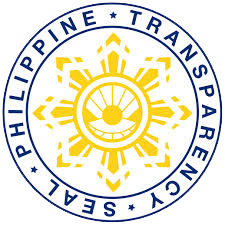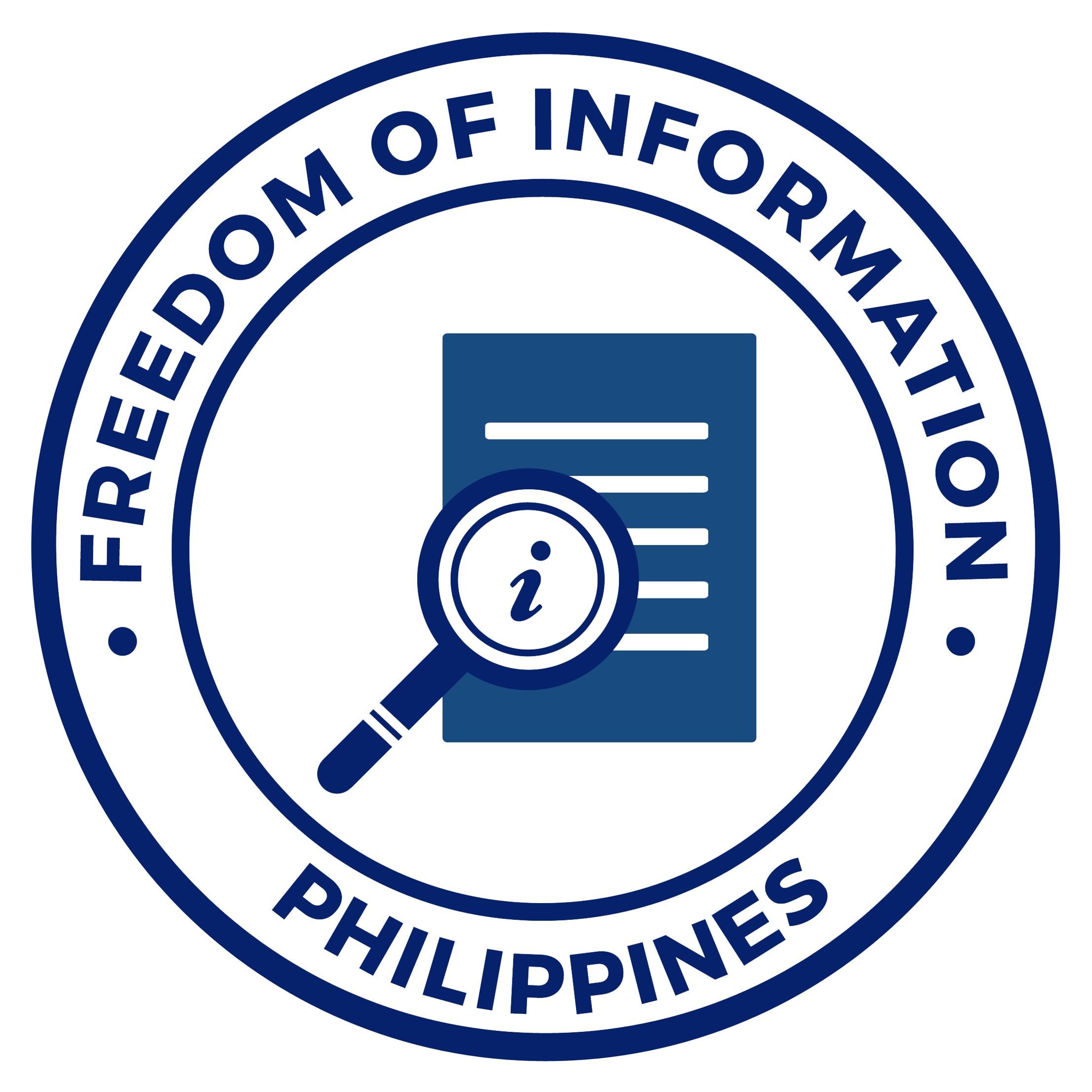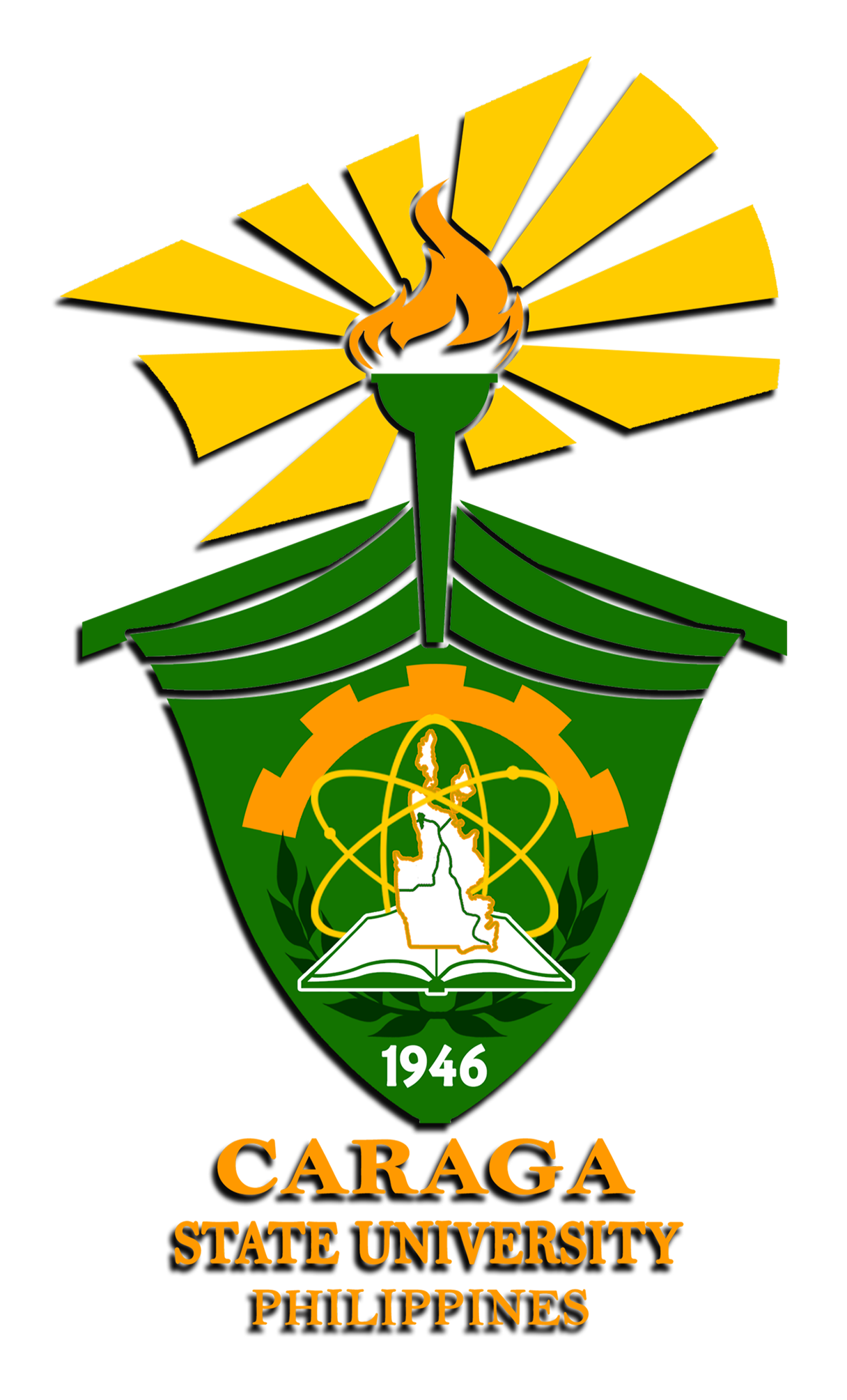The OVPRIE is responsible of recommending to the University President policies Read More
News and Events
Research and Development Agenda
Guided by its institutional mandate and its Vision, Mission, Goal and Objectives, the CSU Research and Development Agenda was crafted. The institution’s research agenda is in consonance with the Philippine Development Plan (NDP), National Science and Technology Plan of the Department of Science and Technology (DOST-NSTP), National Higher Education Research Agenda of the Commission of Higher Education (CHED-NHERA), Caraga Regional Development Plan 2010-2016, Millennium Development Goals (MDG) and the regional and national priorities of government agencies such as the Department of Science and Technology (DOST), Department of Agriculture (DA), Department of Environment and Natural Resources (DENR) and the Department of Health (DOH). All R&D needs stipulated in the above-mentioned plans and programs were used as inputs and the foundation for the revision to come up with the Caraga State University RDE Agenda for 2016-2020.
In parallel to the national and regional development plans, the University identified the following agenda:
R&D Program on Environmental Management & Eco-governance
RDE efforts on water shall be directed towards appropriate watershed and wetland management, effective and efficient water management, water treatment technologies and water budget studies to optimize the use of available safe water. RDE activities on the environmental and conservation, preservation and management shall focus on finding better ways of managing non-renewable natural resources (land, water, minerals, and biodiversity) for sustainable economic development. Specifically, it shall look for possible solutions to the environmental alterations resulting from climate change in order to minimize hazardous environmental effects and reduce natural and human-induced disasters/risks.
The Center for Research in Environmental Management and Eco-governance (CRÈME), Faculty of Environmental Sciences and the College of Agriculture and Agri-Industries (CAA) are the lead conveners. The collaborators are the faculty-researchers from the: College of Arts and Sciences (CAS); College of Education (CEd); Information Technology and Engineering Departments; and CSU-Cabadbaran Campus.
R&D Program on Mineral Resources Management & Responsible Mining
The R&D program shall focus on: socio-cultural and economic aspects of mining; mining technology; geological aspects; material science and value-adding to minerals; environmental issues on mining; basic literacy for mining communities; and science and mathematics education for would-be miners. Research projects shall be directed towards finding solutions to contamination due to mining and rehabilitation of mined-out areas to benefit humankind. Restoration of the ecosystem to support biodiversity and natural cultural heritage shall also be another focused area for research and innovation.
The Mineral Resources Management Research and Training Center (MinRes) will be the lead convener. The collaborators are the faculty-researchers from the: College of Engineering and Geo-Sciences (CEGS), College of Computing and Information Services (CCIS), College of Arts and Sciences (CAS); College of Education (CEd); Environmental Sciences Department and the Agricultural Sciences Department; and CSU-Cabadbaran Campus.
Research Program on Sustainable Agri-Fishery & Forest Resources Management
The R&D program shall focus on: socio-cultural aspects of agriculture and forestry; agricultural development technology such as sustainable and organic agriculture; sustainable development of wood-based industry; environmental issues on agriculture and tree farming including the studies on conservation of agrobiodiversity; literacy for upland farming and wood-based communities; and science and mathematics education for would-be agriculturalists and foresters. Research and innovations shall also include the use of ICT resources for smart and precision agriculture and forest management. The promotion of Good Management Practices (GMP) to promote food security and food safety shall be part of the program.
The Caraga Center for Agri-Forestry Research and Entrepreneurship (Caraga-CARE) and the College of Agriculture and Agri-Industries (CAA) is the lead convener. The collaborators are the faculty-researchers from the: College of Arts and Sciences (CAS); College of Education (CEd); Information Technology and Engineering Department; and CSU-Cabadbaran Campus.
R&D Program on Food-Related Product Design, Food Safety and Marketing
The R&D program will center on development of new products, utilization of lesser-known food sources into marketable products, value adding of traditional foods and food safety. Studies on primary and secondary post-harvest handling and development of postharvest technologies, packaging for food safety and for marketing will also be among the focus under this program.
The Food and Innovation Center (FIC), Faculty of Food and Beverage Department of CSUCC and the College of Agriculture and Agri-Industries (CAA) are the lead conveners. The collaborators are the faculty-researchers from the: College of Arts and Sciences (CAS); College of Education (CEd); Information Technology and Engineering Departments; and other Colleges of CSU-Cabadbaran Campus.
R&D Program on Spatial Information and Geo-informatics
The R&D program will focus on cutting edge technology in image processing, digital photogrammetry, remote sensing, satellite-based global positioning, geographic information systems, LiDAR-based mapping, surveying and digital mapping. Geo-informatics will involve work in land development, construction surveying, hydrographic surveying and spatial data analysis. The R&D program will also include design, development and operation of systems for mapping information about the land, the oceans, natural resources and manmade features. The outputs will be an important input in environmental management planning, investment planning, disaster risk reduction planning, and strategic agriculture and forestry development planning among others.
The Caraga Center for Geo-informatics (CCGeo) will be the lead conveners. The collaborators are the faculty-researchers from the: College of Engineering and Geo-Sciences (CEGS), College of Computing and Information Services (CCIS), College of Arts and Sciences (CAS); College of Agriculture and Agri-Industries (CAA); College of Forestry and Environmental Sciences (CoFES); College of Education (CEd); and CSU-Cabadbaran Campus.
Research and Innovation Program on ICT-Enabled Regional Development
Information and communication technologies (ICT) change the way government and non-government entities conduct transactions, delivering public service and making innovation available and accessible. Recently, the global community is promoting the Smart City. A smart city (also smarter city) uses information and communication technologies (ICT) to enhance quality and performance of urban services, to reduce costs and resource consumption, and to engage more effectively and actively with its citizens (World Bank, 2015). Through ICT, the connectivity has brought market information, financial services, health services and other needed information to remote areas to support local development to change people’s lives and revolutionize management of projects and local resources for development.
The Center for Human Computer Interaction (CHCI) and Information Technology Program shall be the lead conveners. The collaborators are the faculty-researchers from the: College of Computing and Information Services (CCIS), College of Arts and Sciences (CAS); College of Agriculture and Agri-Industries (CAA); College of Forestry and Environmental Sciences (CoFES); College of Education (CEd); and CSU-Cabadbaran Campus.
Research and Development Program for Renewable Energy and Alternative Technologies
The RDE projects will focus on the development of new energy sources from renewable energy such as solar energy and from wastes of animals and biomass for green energy. This will also find ways to develop strategies and methodologies to use lesser-known plant and animal species for production and utilization of alternative clean and environment-friendly fuels. Using recent technologies, efficient use of available energy shall also be a target to maximize energy utilization.
The Center for Resource Assessment, Analytics and Emerging Technologies (CREATE) and the Agricultural Engineering and Electrical and Electronics Engineering Programs shall be the lead conveners. The collaborators are the faculty-researchers from the: College of Engineering and Geo-Sciences (CEGS), College of Computing and Information Services (CCIS), College of Arts and Sciences (CAS); College of Agriculture and Agri-Industries (CAA); College of Forestry and Environmental Sciences (CoFES); College of Education (CEd); and CSU-Cabadbaran Campus.
R&D Program on Mathematical and Statistical Computing
The R&D program shall focus on: development of mathematical theories; socio-cultural aspects of mathematics appreciation; science and mathematics teaching strategies; social, ecological and economic applications of mathematics and statistics; modelling to predict future phenomena in agriculture, wood-based industries, mining industry and ecotourism; and mathematical applications to ICT and Engineering.
The Mathematical and Statistical Computing and Research Center (MSCRC) and the Mathematics Department of the College of Arts and Sciences (CAS) and the Mathematics Education Program of the College of Education (CEd) are the lead conveners. The collaborators are the faculty-researchers/extension workers from the: College of Engineering and Geo-Sciences (CEGS), College of Computing and Information Services (CCIS); College of Agriculture and Agri-Industries (CAA); College of Forestry and Environmental Sciences (CoFES); and CSU-Cabadbaran Campus.
Research Program for Peace and Countryside Development
The R&D program shall focus on: conflict resolution and just dealing with the various sectors of society; development support to various ethnic groups and disadvantaged groups in Caraga Region; observance of values, traditions, practices, mores among various sectors for sustainable rural development; development of education strategies for skills enhancement and livelihood program.
The Social and Languages Department of the College of Arts and Sciences (CAS) and Caraga Center for Peace and Development (CCPD) is the co-convener. The collaborators are the faculty-researchers from the: College of Education (CEd), College of Engineering and Information Technology (CEIT); College of Arts and Sciences (CAS); College of Engineering and Geo-Sciences (CEGS), College of Computing and Information Services (CCIS); College of Agriculture and Agri-Industries (CAA); College of Forestry and Environmental Sciences (CoFES) and CSU-Cabadbaran Campus.
Research Program on Regional Human Capital Development
The R&D program shall focus on: socio-cultural studies of various ethnic groups and disadvantaged groups in Caraga Region; nurturing of appropriate values, traditions, practices, mores, etc for sustainable rural development; ecological and economic implications of indigenous knowledge system (IKS); development of education strategies and pedagogy for basic and functional literacy; and skills enhancement program. It shall also focus on developing instructional materials for in-school and out-of-school learning; and education towards disaster preparedness and emergency response in times of calamity.
The Action for Greater Advancement of Knowledge (AGAK) Center and College of Education (CEd) is the lead convener. The Social and Languages Department of the College of Arts and Sciences (CAS) is the co-convener. The collaborators are the faculty-researchers from the: College of Engineering and Geo-Sciences (CEGS), College of Computing and Information Services (CCIS); College of Agriculture and Agri-Industries (CAA); College of Forestry and Environmental Sciences (CoFES); and CSU-Cabadbaran Campus.
Admissions
Registrar
Guidance
Office of the President
Public Information and Communication Office
Course Particulars
College of Engineering and Geo-Sciences
College of Agricultural and Agri-Industries
College of Mathematics and Natural Sciences
College of Forestry and Environmental Sciences
College of Computing and Information Sciences
College of Education
Philippine Standard Time
Transparency Seal
Design by ICT Center.











